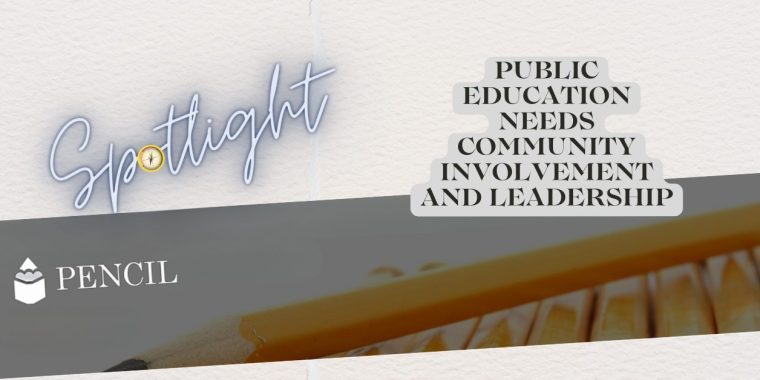
Empowered Education: Back-to-School Tools in Action

PENCIL – Equipping Classrooms for Every Student’s Success
Back-to-school season is full of lists: supplies, schedules, and new routines. For students with disabilities, preparation and ongoing support can make the difference between a stressful year and a successful one. In Nashville, PENCIL helps schools meet these needs by connecting them with community partners who provide both practical tools and real-world learning opportunities.
Through programs like the DG PENCIL Box, teachers can stock their classrooms with essential materials at no cost. This includes items that support a range of learning needs. PENCIL also arranges career exploration experiences, allowing students to see how their talents can be applied beyond the classroom.
The organization’s work is built on a simple idea: when schools have the right resources, students are better prepared to learn. For students with disabilities, that might mean access to specialized supplies, technology, or opportunities that match their strengths and goals.
For more information about the program, visit their website.
Back-to-School Tips Inspired by PENCIL:
Start the year, and keep it going, with the essentials ready. For students with disabilities, this may include assistive tools, extra sets of classroom materials, or a clear support plan. Being prepared throughout the year sets the stage for smoother learning.
Quick In-Session Tools for Parents
- Check in weekly with your child about what’s working and what’s challenging.
- Keep spare supplies, device chargers, and comfort items ready at home.
- Review the next day’s activities to help your child feel prepared.
- Adjust strategies as needed and share updates with teachers.
- Track progress with a simple log of assignments and teacher notes.
Quick In-Session Tools for Teachers
- Monitor use of adaptive tools to ensure they’re being used effectively.
- Replenish classroom materials that students rely on regularly.
- Offer short, informal check-ins to catch small issues early.
- Share updates promptly with families.
- Adjust tools or strategies if they aren’t keeping the student engaged.